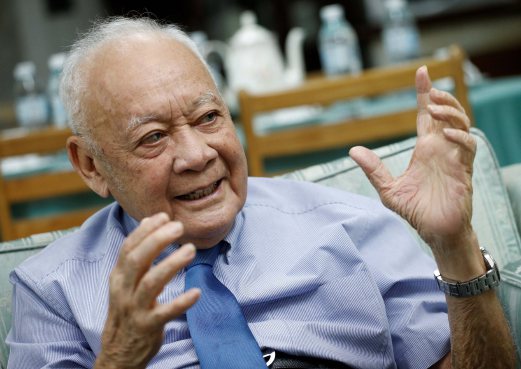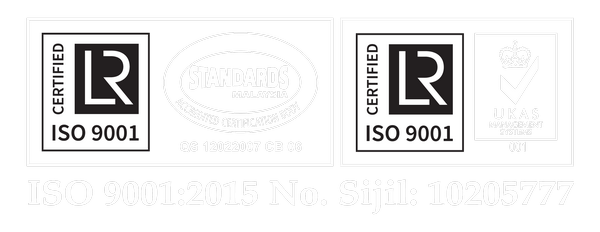
Tan Sri Arshad Ayub, 87, the first director of Institut Teknologi Mara (ITM), did not hold back and spoke his mind on the mentality of Malay students, the standard of English, the current crop of educators in the country and how the institution has evolved into a university, now known as Universiti Teknologi Mara (UiTM).
Q: What was your background before you became a director and did it help influence your administration?
This is an important experience which I drew upon when I later administered ITM. I learned International trade. I mixed with economic officers and state secretaries and built contacts and relationships.
I was later transferred for two years to Industrial Development of Malaysia. I promoted industries. This is the kind of experience I brought to ITM as a director.
I was also sent to a Nestle institute in Switzerland called IMEDA for 10 months to study business course there in 1965.
When I returned, in 1965, I was identified to lead ITM as the principal Rida’s Training Centre which was what ITM was known as then.
I worked for 10 years until 1975. I do not mean to boast but there was no instruction from the prime minister.
It was up to myself. Using the experience I gleaned over the years, I noticed that there was no specialisation.
There was no focus because the intention was never for the industry but to become government servants but that was not good enough. That was why one of the first things I did was to introduce the Plantation Industry Management Diploma and worked with the estates.
I did not have any Science background when I enrolled at an agriculture college in Serdang. How to learn botany, zoology, physics, chemistry? What did I do? I assigned four senior students to teach me.
That was why when I became the director of ITM, students who were weak in Science and did not pass the subject in their Higher School Certificate or students from Art stream who wanted to switch to Science stream, a special teacher was assigned to look after them.
This means, if we have the interest and a very good guidance from the teachers, we can do it.
If we can memorise the Quran, why can't we learn Science at least for the purpose of examination.
This is the question when we talk about Bumiputera students. For me Bumiputera can do it (excel in Science stream) and what remains is how we educate and influence them. This is where the role of teachers become crucial.
Q: How was it like during your 10 years as the director of ITM?
A: During my tenure in ITM, 95 per cent of the lecturers were non-Malays but their commitment to the students were absolute. That's the beauty.
If you ask me how we improve the Bumiputeras’ grasp on knowledge, there is no other way but for teachers, lecturers and professors to give total commitment and interest in the development of students.
You can ask yourself how many of our educators today have this kind of commitment and interest.
When I was in preparatory school, my headmistress was an English lady. When she got off the airplane at Changi Airport, she asked me to go and meet her in Singapore. When I get that type of commitment, not only from her, but from my other teachers, it helped turned me into what I am today.
At the same time, you yourself must have commitment. I was from a poor family but when you know that there are people who are willing to help you and encourage you, that is when it snowballs.
That is my worry, whether there is a total commitment from the faculty members for the development of the students as far as knowledge is concerned.
Q: How did you start introducing specialised courses in ITM which were not available in other universities at the time?
A: When I was ITM director, we did not have even a single oil palm tree. So how did I introduce Diploma in Plantation Industry Management in 1967 or 1968? We did not have cocoa tree, rubber tree, black pepper... this is where I drew from my experiences and what I learned when I was in the College of Agriculture in Serdang.
I realised the importance of having practical experience. The students had to go to estates from between three to six months for practical work.
They went to Osiam estate, Harrison and Crossfield and Sime Darby Plantation at the time after two years in ITM. Sometimes, even when they had not finished their diploma, the estates had already called them to work because of their good knowledge from their practical stint.
That was why ITM students were sought after because what we are emphasising now like TVET (Technical and Vocational Education Training), they (the students) were working in the industry before they received their diplomas.
I looked at the economy as a whole. I believed that the Malays at that time were not well equipped (to enter the working force). If we wanted to get a job, we must have a certificate of qualification and if possible, industrial experience. Universiti Malaya at that time did not have industrial experience whatsoever.
The students there learned geography, history, economy, art, but they had never gone out to work during their education.
Q: How and why did you introduce professional courses in ITM?
A: If we want to progress and move forward, we must have professional courses. When I went to UK, I observed and I introduced professional accounting courses when I returned. I introduced ACCA (Association of Chartered Certified Accountants) in 1966 or 1967. For example, a diploma in Business Studies is general but there are specialisations like marketing, insurance, retailing, purchasing. There is focus. That is why TVET and vocational education are very good. We want to be entrepreneurs, but of what kind? In the past, universities offered general degrees, more of an acquisition of knowledge, not so much to put into practice. But if we want to become clerks or officers, there is no problem.
Q: What other courses did you introduce during your 10 years in ITM?
A: I introduced Mass Communication, starting with radio, television, public relation and advertising. I also introduced hotel and catering, insurance and transport. What was not done by other universities, I did it. Another thing I did was to put emphasis on English as the medium of instruction. At that time there was an instruction for all universities to use Malay as the medium, but ITM did not. I was educating the students for overseas courses. I also realised the importance of learning other languages like Mandarin and Tamil in year one.
In year two or year three, students must also learn one European language either French, German or Russian. I was very ambitious. At that time, we had two Russian lecturers. But today, I'm a bit worried, whether the emphasis is the same.
Q: Why do you insist that UiTM must continue to place emphasis on the English language?
A: To me, most of the knowledge if not all, are in English. We are not supporting America or Britain, but if we look at discoveries in Sciences, America is ahead, even Britain, German and Japanese are behind. To me, today, there is still a lack of emphasis on English mastery. There are lecturers who do not know how to explain when students do not understand what they are learning (in English) if I mention UiTM, people will get upset. Don't ask me about the standard of English. If you ask me, I am a little bit upset. When I gave away degrees and diplomas at INTI, they answered me confidently withing one or two seconds. This is where we are still wanting. Malays lack confidence. This is proven by the fact that many accountancy students are reluctant to pursue professional qualifications like ACCA, MICPA, CPA, CIMA or ACIS but Malay students are scared to sit for these exams although the country are short about 65,000 accountants. We are not talking about accountancy degree, that you can get, no problem. When we asked why they do not want to sit for these exams, they said they are scared of failing. This is defeatist. I told them I came across failures many times but I kept on moving forward. But these students, they have conceded defeat even before they go to war. You can't do that.
Q: What do you think about the general perception of English among Malay students now?
The government said before you go to university, you must pass a certain level of English. There was a huge fuss. Other races, although they made some noise, they followed and did it. Our race 'peluk tubuh' (we don't do anything). That is my worry when we talk about Malays. We must give 100 per cent commitment. You must give your own best. Don't compare to others at first. We must be satisfied with what we have done. If you are not satisfied, you do it again.
Malays aren't giving their best. At one time, we do not have many Malays in universities. Now, there are many but we must ask ourselves are we satisfied with what we have achieved? We are given the opportunities but we do not use them fully.
Q: Why do you think there is this 'easily satisfied' mentality among Malays?
A: In my graduation speeches, I told students to open up their minds, learn and learn and learn. I am 87 and I am still standing up to give you degrees because I am committed to it. If you are committed to something, nothing is impossible. Even when they have landed jobs they can still be entrepreneurs, for example.
This is where good relationship with people is important. A Chinese Tan Sri became my guarantor when I needed to borrow RM17,000 to purchase a piece of land in Meru, Klang which was sold for RM37,000 during the emergency in 1970. Twenty years later, I sold it for RM4 million. That was the beginning, it is important to be business minded and take some risks.
Q: What is your advice to the educators and lecturers currently serving in higher learning institutions?
A: When it comes to being lecturers and teachers, you must never be satisfied. You must take responsibility of your products, your students. They are your responsibility. The success of the students definitely depends on the commitment and passion of the lecturers towards the students because outside of their homes, you are their parents.
Q: What would become to Malay students if there is no ITM?
A: Maybe the students could even be better as they have to compete as they have no choice, no privileges. They must compete. Why not? Those who cannot swim will drown but those who can will survive but the number would be smaller than what we have now. What is important is our will to succeed. The main thing is that wherever I went I noticed the commitment of teachers at that time.
Q: What are the differences between the institution now and when you were a director then?
A: UiTM has been established for 50 years. When I left, there were about 6,000 to 8,000 students. Now there are 160,000 students and about 650,000 alumni.
There are many courses and more disciplines. Back then, 95 per cent of the lecturers were non-Bumiputeras. There were lecturers from France, German, Russia, Australia and United States.
To me, in those years, ITM was very enriching, something that is hard to be replicated now.
There were enriching engagements and multiple understandings. The foreign lecturers did not only teach languages but also law, business, accountancy and engineering, among others.
Recently there was a briefing about UiTM for Prime Minister Datuk Seri Najib Razak. He asked me how I did it during my days.
I think there was a concern about the performance of the present UiTM graduates. That was the perception that I had, why a transformation was necessary.
Maybe, the overall performance was not to the satisfaction of the industry or political masters. I explained to him about the lecturers and professors we had.
I told him that this was the enrichment and the kind of commitment and passion that they had towards the students.
Yes, you have more students now, but the ratio is still the same. Why not each lecturer take responsibility of 20 students from the day they enrol until they graduate? Did they (the current lecturers) do that? If you ask them they will say yes but their affirmation is unconvincing. If I sound critical, it is for the good of UiTM.
Q: Do you think UiTM should start having more non-Bumiputera lecturers, including those from overseas?
A: Prime Minister Datuk Seri Najib Razak said UiTM should have up to 30 percent of non-Bumiputera lecturers. He did say that. I left UiTM 40 years ago and became a Pro-chancellor in 2000 but I had no power. I could only make noise. To me, we should have more non-Bumiputera lecturers in UiTM.
Maybe at the Diploma and Degree levels. The students are still not ready as this is when remedial works are still being done. But at Masters and PhD levels, the time has come for students to enrich themselves as these (courses) are also open to international students.
It is up to the board and the government to consider. Some people may think I am senile or creating controversy but I want them to think. Before I left, eight or nine people from the United States came to review UiTM. Perhaps, the report still exists. It is about time UiTM look at their strengths and weaknesses and review their policies.
Q: What about the movement by some Malays to uphold nationalism and protect the status of the Malay language?
A: We can be nationalistic but at the same time, we must also be pragmatic. How do we look at the future? If you can live on nationalism, or if you say it is language that unites, I don't think so. Look at the English language, does it unite the Scotts, Irish and Britons? English is no more the language of our colonial master. It is definitely the language of business and almost the language of mankind. For example, now Mandarin has become very important. It doesn't mean that if you study Mandarin, you will become a Chinese. It is just a means for us to be more effective.
Q: People are saying that the vernacular schools are among the reasons why our people are not united like the people in Thailand and Indonesia.
A: To me, it is hard to say that it is language that will unite people. Doesn't mean that when we speak the same language, we will agree with one another. I think equal opportunities are what will unite people. Equal employment opportunities and business opportunities. The opportunity must be open to all. Just answer me, is Umno (whose members speak the same language) united?
http://www.nst.com.my/news/2015/12/115394/q-tan-sri-arshad-ayub


